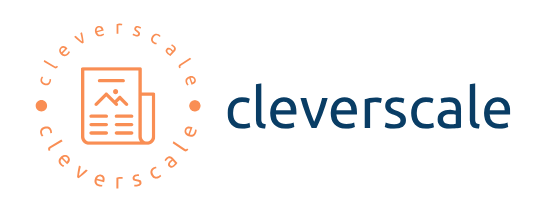Online Business Idea – How to Protect Yourself Against Legal Troubles When Blog Posting
 A sound online business idea involves blogging. Creating blogs is a good way to communicate to people what you think, felt as well as share ideas. Blogs are usually used by people who are starting their own business online in order for them to receive comments from customers regarding the
A sound online business idea involves blogging. Creating blogs is a good way to communicate to people what you think, felt as well as share ideas. Blogs are usually used by people who are starting their own business online in order for them to receive comments from customers regarding the

 One of the biggest mistakes that aspiring business owners make is overlooking the importance of digging deep into what their true motivations are for starting a business and if their life is truly ready for this change. They get so busy in trying to figure out the logistics involved in
One of the biggest mistakes that aspiring business owners make is overlooking the importance of digging deep into what their true motivations are for starting a business and if their life is truly ready for this change. They get so busy in trying to figure out the logistics involved in